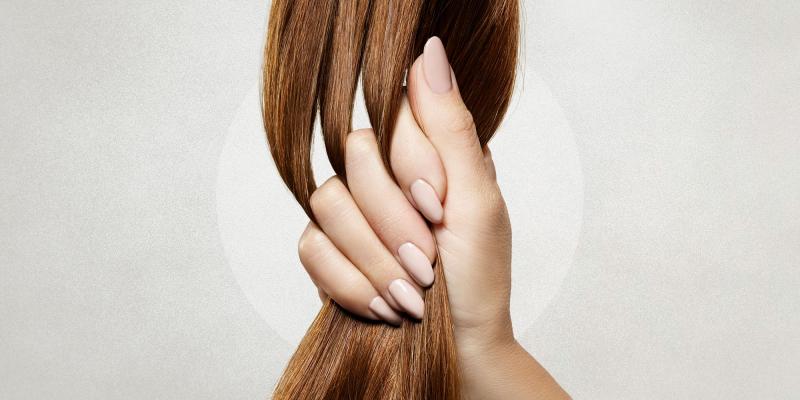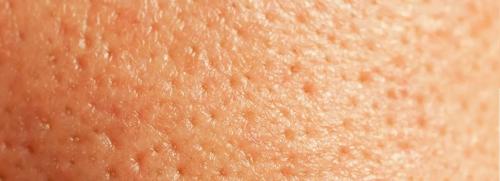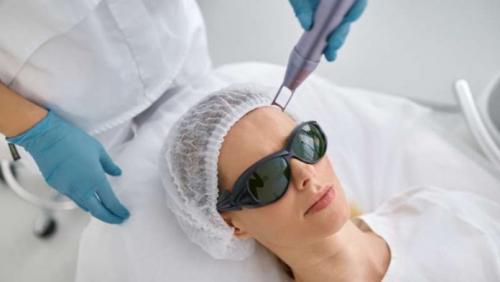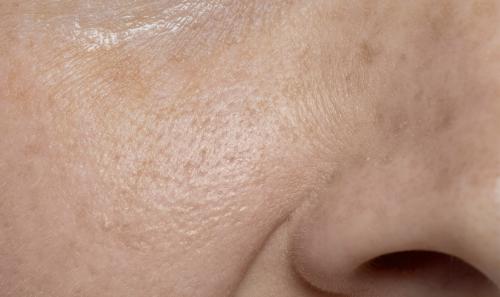Will Acne Scars Fade Over Time?
Active breakouts can be annoying, and acne can leave unsightly scars. Treatment options exist for acne scars, which is excellent news. However, since subsequent breakouts might result in fresh acne scars, one must completely eradicate existing acne before beginning treatment. Breakouts' inflammation can also lessen the efficiency of treatment. While waiting for the skin to heal, there are preventive steps one can take to avoid acne scars. Many individuals also wonder if acne scars fade over time. This blog will discuss that question and offer preventive tips for acne scars. For those looking for effective acne scar treatment in South Delhi, we'll also share recommendations on where to get the best care."
Are Scars from Acne Permanent?
Now is the time for some good news. Indeed, once acne appears, there are things one can do to minimize the scarring it causes. The type of scarring will determine the best course of action; indentation scarring frequently requires more sophisticated care.
For discolouration caused by acne scars, try at-home retail topicals to combat hyperpigmentation, like brightening serums or retinol-containing treatments. Dermatologists advise caution when using retinol, as it may make the skin more sensitive to sunlight. Protecting the skin with sunscreen is always important, but using a retinol treatment should make one even more cautious.
For hyperpigmentation that doesn't respond to retail products and for deeper indentation scarring, the dermatologists recommend the more advanced treatment options that a skin specialist can provide, including:
Laser resurfacing
Microdermabrasion
Microneedling
Subcision
Excision
Punch Grafting
Cryosurgery
Medicated Injections
Other energy-based procedures
Top Tips for Preventing Acne Scars
Although acne scarring can be treated, the following advice may also help prevent scarring.
Refrain from Popping a Pimple
As previously indicated, vigorous pinching, squeezing, and scraping of pimples results in more harm than good and increases the likelihood of scarring. Furthermore, popping a pimple could cause a tiny, localised infection or cause one to unintentionally transmit acne elsewhere on the body, which increases the risk of scarring.
Recognize the Different Types of Acne
While pimples, blackheads, and whiteheads are easily seen, has anyone ever puzzled about the acne bumps that never appear? Unlike other forms of acne, these red, hard pimples don't go away; they stay beneath the skin's surface.
Inflammation beneath the skin without any pores visible on the surface is known as cystic acne. One should refrain from attempting to apply pressure to cystic acne because there is nowhere for the fluid actually to come out. Pinching or popping this kind of acne won't help; instead, it will cause the inflammation to extend beneath the skin, causing more damage and discoloured scarring. Applying ice on cystic acne is advised to aid the inflammation.
Don't Go Overboard When Trying to Deal with a Whitehead or Blackhead
Naturally, one wants whiteheads and blackheads removed since they are ugly. To address a whitehead suggests doing the following:
Hands up.
Lightly press down to extract the whitehead.
Use alcohol to clean the area.
Apple and a serum for acne
Repeatedly wash the hands.
Begin Acne Treatment in Advance
Treat the skin early if one breaks out once a month or in a consistent cycle. Although the most effective acne treatment differs from person to person, try using an antibiotic topical, retinol medication, or acne serum as soon as the outbreak starts.
In addition to these topicals, wearing sunscreen can help prevent hyperpigmentation caused by acne. Just be sure the sunscreen one selects is suitable for the skin type. A pore-clogging sunscreen can exacerbate acne and increase the likelihood of scarring.
See a Skin Care Specialist
If one feels like they are using all the proper at-home preventive measures but still can't control the acne or acne scarring, consider seeing a medical expert, a dermatologist, or a skin specialist.
Dermatologists offer many advanced, effective treatments for acne and scarring, including chemical peels, micro-needling, hydra facials, prescription skin products, and more.
What are the Aftercare Tips for Acne Scars?
The following aftercare is necessary for acne scar treatment:
Make sure the skin in the treated regions is clean and moisturised.
Steer clear of the sun. When going outside during the day, wear sun-protective apparel and apply sunscreen with at least SPF 30 daily. Apply sunscreen to the treated area only 24 hours after treatment.
Refrain from wearing makeup for at least 24 hours. It slows the healing process and spreads infection. Light makeup, typically mineral-based, may be used when all of the scabs have healed fully or after three days of treatment.
Use topical retinoids and skin exfoliants until the skin completely recovers, usually for 7-10 days.
Avoid picking, cleaning, or scratching the treated area, as this may raise the risk of infection and scarring.
Contact the Best Skin Clinic in South Delhi for Acne Scars
Several treatments can make acne scars less visible, but they can still aggravate. However, because most scars are permanent, a skin doctor can advise on the best course of action to reduce the visibility of the scars. The most excellent method to deal with acne scars is to prevent acne in the first place, says expert specialists like Dr. Sarita Sanke. She is a renowned dermatologist and founder of an advanced skin clinic, DermoRita Skin Clinic.
At this best skin clinic in South Delhi, the doctor delivers individualized acne scar treatment that caters to one’s specific needs. Fewer outbreaks reduce the likelihood of developing acne scars. No matter how tempting, resist popping, plucking, or squeezing any breakouts to avoid irritating the skin and damaging the underlying tissue, which can cause scarring. For further information, contact the DermoRita Skin Clinic now!








Comments